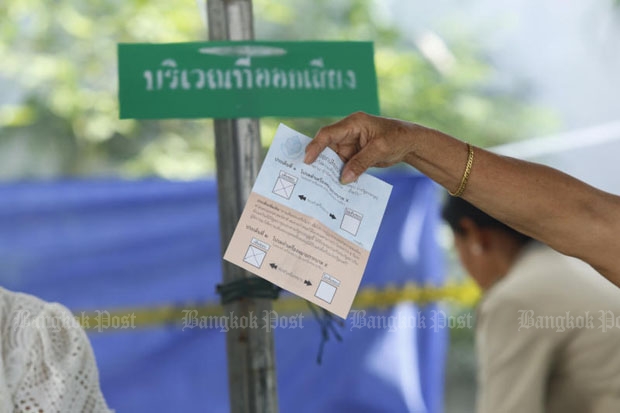
The approval of the new constitution at a referendum on Sunday may reduce near-term uncertainty but political and economic challenges persist in Thailand, Moody's Investors Service stated on Thursday
"While the 'yes' vote anchors near-term political stability by paving the way for general elections, it does not resolve the underlying polarisation that led to the military coup in 2014. Moreover, given sluggish external demand, any fillip to sentiment from the vote is unlikely to tangibly bolster economic growth," says the bond credit rating organisation.
It referred to the Sunday referendum in which people voted to approve the new charter and to allow junta-appointed senators to jointly elect prime ministers with MPs for five years.
Lessened near-term political uncertainty may help to stabilise investment at low levels. However, lingering political risk will likely prevent a rapid increase in investment, it said.
Moreover, sluggish external demand will continue to weigh on economic growth given Thailand’s high reliance on international trade, Moody's said.
In the longer term, Thailand's waning economic competitiveness and political instability will lead to weaker foreign direct investment (FDI) compared to neighbouring countries.
According to Moody's, Thailand's underperformance in attracting FDI has weighed on its ability to diversify away from relatively lower value-added manufacturing, such as for automobiles, as well as products that are facing structural declines in demand, such as hard disk drives.
With no significant increase in FDI likely in the near future, Thailand’s industry structure will continue to weigh on growth over the next few years.
Under the new constitution, future elected governments are legally obliged to followthe 20-year national strategy, which serves as a broad framework for development.
However, the strategy has not been finalised and the extent to which it will address structural issues, such as population ageing, education and low productivity and help restore Thailand's competitiveness is as yet unclear, Moody's said.
